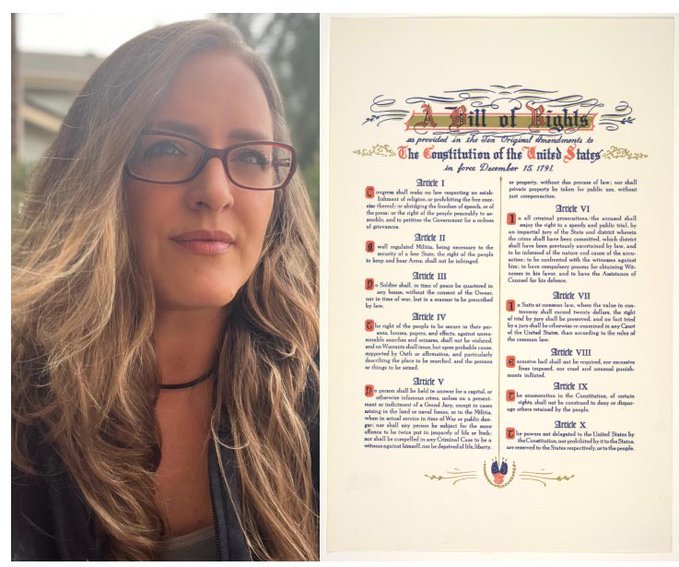ASHE IN AMERICA — OPINION
Last month, I published “Winter is Coming for Vulnerable Navajo Communities Near Cortez, Colorado,” about the Democrat City Council of Cortez wedging itself in between a life-and-death agreement between two indigenous parties. As politicians signaled virtuous support for indigenous peoples on October 9, their incompetence is creating a double energy crisis for some of the most vulnerable indigenous people in the region.
And they’re calling it an environmental win.
Tony Moore and Mary Lancaster, owners of Industrial Log Company (ILC), attempted for over two years to relaunch their log home manufacturing business in Tony’s hometown of Cortez, Colorado. Local ignorance of city officials and old baggage with local activists created headaches for Tony and Mary, including lost revenue and false allegations. Read the full story here: https://asheinamerica.substack.com/p/winter-is-coming-for-vulnerable-navajo.
When the city rejected the ILC zoning, the Cortez Journal and The Four Corners Free Press claimed the decision was a victory in environmentalism.
What Is A Double Energy Crisis?
The Navajo community on the reservation, the Dine’, live traditionally, with the land. They use seasoned firewood for heat in the winter. They used to use coal until the environmentalists succeeded in getting the local coal mine closed some years back. Firewood must be seasoned, or aged, and then gathered, split, and delivered to the many communities on the reservation.
But for many on the reservation, transportation is also an issue. The lack of access to fuel (wood) combined with transportation limitations, is what researchers refer to as a “double energy crisis.” Many elderly Dine’ don’t have family to manage the wood deliveries, making them some of the most vulnerable residents of the region. According to locals, it’s not uncommon to see elderly woman by the side of the road in mid-winter, gathering twigs for their primitive stoves.
When some indigenous U.S. veterans joined Tony for a tour of his operation, these two stories collided.
Byproduct Or Commodity?
ILC’s log home manufacturing yields an important byproduct: Firewood. The product is already seasoned, and ILC has the operational capabilities to split and deliver enough wood for all 20 Chapter Houses, meeting the critical needs of the vulnerable Dine’ elders.
Tony is a registered tribal Cherokee, and he and Mary know the struggles for the Navajo created by the double energy crisis. They had been working on contracting with the Chapter Houses to deliver their byproduct as firewood, and both sides were excited about the deal.
There was only one problem. The white City Council members demanded that, since the byproduct was now going to be considered firewood, that Tony and Mary’s property needed to be rezoned as industrial. So, why they can’t just re-zone the property and get on with it?
City zoning often results in unintended consequences, but this zoning dispute is creating a humanitarian crisis. Tony and Mary planned to fulfill the contract with the Navajo as a tax-deductible nonprofit activity delivered through Tony and Mary’s for-profit company. They cannot run the firewood distribution charitably since the zoning fiasco; public notice timelines for permits now prevent it.
Deprivation Of Rights Under Color Of Law
Section 242 of Title 18 makes it a crime for a person, acting under color of any law, to willfully deprive a person of a right or privilege. One such protection is “use by right,” and it applies to the normal course of business activities between ILC and the Navajo. Title 18, Section 242, is a federal law, but it explicitly applies to local governments. It’s a matter of civil rights.
Rachel Marchbanks, a City of Cortez staff member, filed a police complaint against ILC on April 29. This was a Saturday, outside of working hours, and she used her official title. It also appears that there are two co-conspirators, also acting under color of law to obstruct the native’s use by right.
Marchbanks used her official authority, outside of business hours, to interfere with “use by right” protections of two indigenous parties engaging in the normal course of business. She acted under the color of law — her official authority — with catastrophic winter consequences for those on the reservation.
But I’m sure they had lovely virtue signals on indigenous people’s day.
Ashe Epp is a writer and activist. You can find all her work at Linktree.com/asheinamerica

